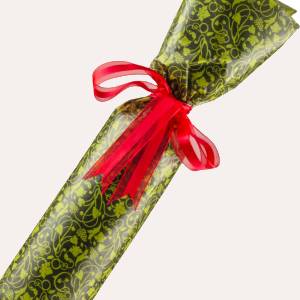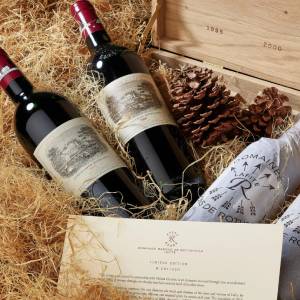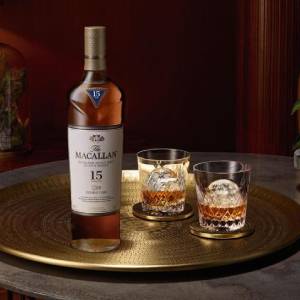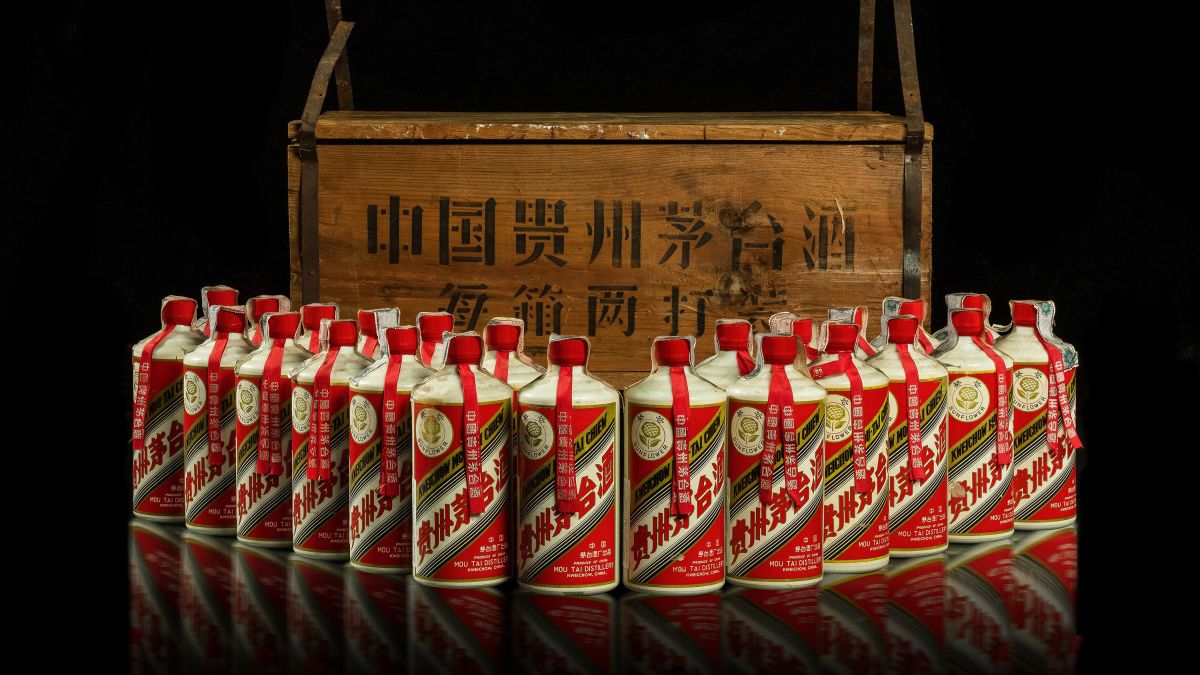
An Introduction to China’s Ancient Spirit
Baijiu (pronounced bye-joe) is not just a drink—it’s an experience. As the world’s most consumed spirit, this Chinese liquor has a rich history and a distinctive flavour that sets it apart from other spirits like whisky or vodka. If you’ve never heard of baijiu before, it’s time to explore one of the world’s most fascinating and ancient spirits.
Fun Fact:
Baijiu is over 5,000 years old, making it one of the oldest distilled spirits in the world.
What Makes Baijiu Unique?
Baijiu is distilled from grains, most commonly sorghum, but also rice, wheat, and corn. What makes it truly unique is the fermentation process. It utilises qu, a type of fermentation starter made from mould, yeast, and bacteria that creates a highly complex flavour profile. Unlike Western spirits, which rely on controlled fermentation, baijiu is open-fermented, often in underground pits.
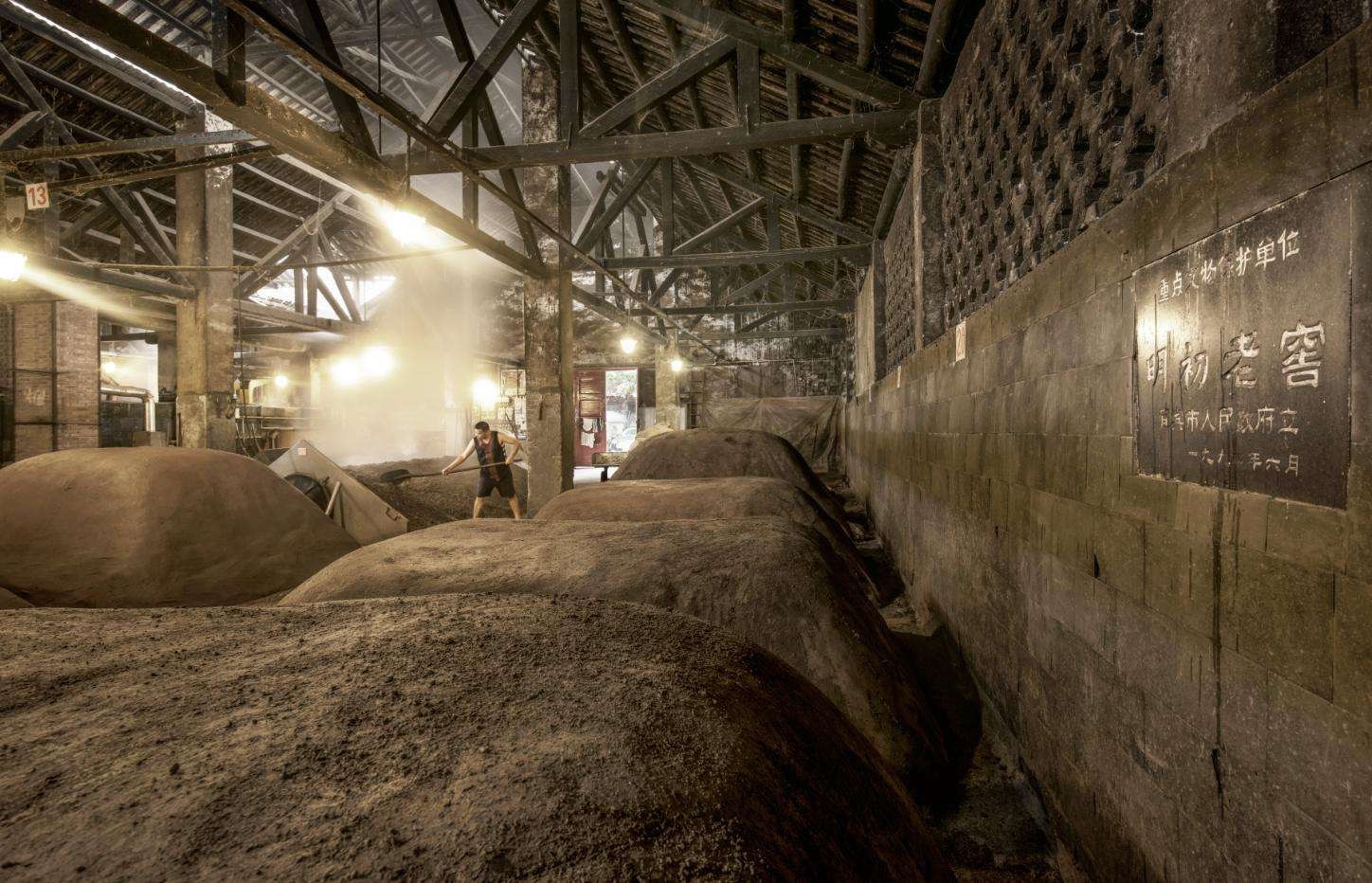
The Different Types of Baijiu
Baijiu can be categorised into four main aroma types, each offering a distinct taste experience:
Strong Aroma Baijiu (浓香型): The most popular variety, known for its intense fruity and floral notes.
Light Aroma Baijiu (清香型): Milder and cleaner on the palate, with subtle fruity notes. Fenjiu is a common type.
Sauce Aroma Baijiu (酱香型): Rich and savoury, resembling soy sauce. This baijiu is bold and deeply layered, ideal for those seeking complexity.
Rice Aroma Baijiu (米香型): Made primarily from rice, this type is sweeter and smoother, perfect for baijiu beginners.
How to Enjoy Baijiu
Traditionally, baijiu is served at room temperature in small ceramic cups during festive meals and celebrations in China. However, it’s becoming increasingly popular to enjoy baijiu in cocktails. Some popular baijiu cocktails include the Baijiu Sour and the Baijiu Negroni, which blend the spirit’s bold flavours with Western ingredients to create something entirely new.
Fun Fact:
When toasting with baijiu, it's customary to say "Ganbei" (干杯), which means "dry your cup"!
Why You Should Try Baijiu
Heritage: Baijiu offers a window into Chinese culture and tradition, dating back millennia.
Diversity of Flavour: From sweet and floral to savoury and umami, baijiu has a broad flavour range that appeals to different tastes.
Versatility: While traditionally sipped neat, baijiu is becoming an exciting ingredient in the global cocktail scene.
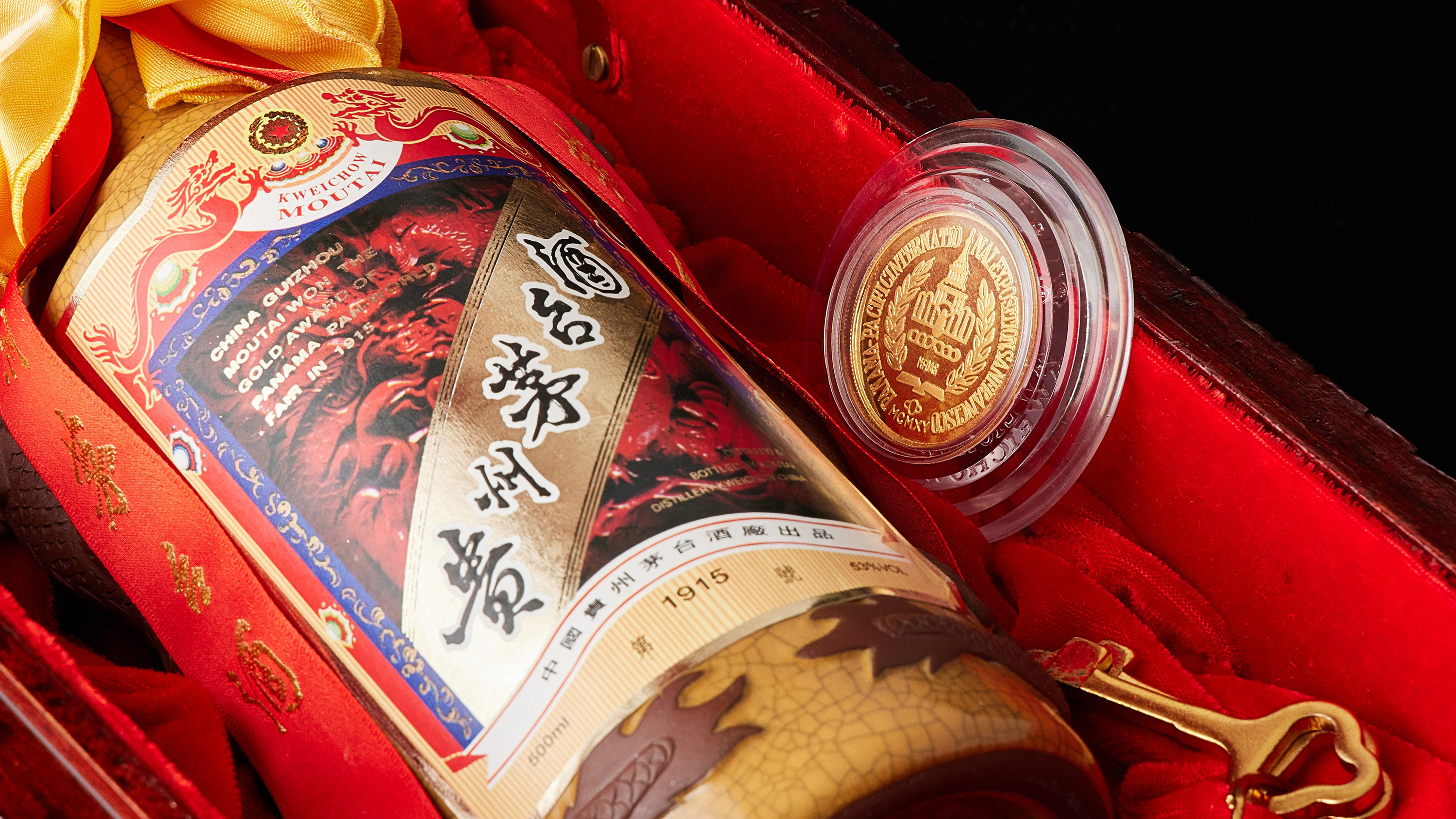
The Secondary Market for Rare Baijiu
As baijiu continues to gain international recognition, the secondary market for rare and collectible bottles is rapidly expanding. Similar to the Scotch whisky market, where rare single malts can fetch extraordinary prices at auction, certain baijiu brands — particularly those from prestigious producers like Moutai and Luzhou Laojiao — are becoming highly sought after by collectors. In China, rare baijiu bottles are often seen as status symbols and can appreciate significantly in value over time, much like Scotch whiskies.
Both markets share a sense of exclusivity, driven by limited releases and the rich history behind each bottle. However, the baijiu market is more nascent in global terms, offering an exciting frontier for investors looking to diversify their collections. As with rare Scotch, provenance and condition are critical factors in determining a baijiu bottle’s worth, and the increasing global demand is creating an even more competitive landscape for collectors and investors alike.
Baijiu FAQs
Q: Is baijiu stronger than vodka?
A: Yes, baijiu typically has an alcohol content between 40% to 60%, making it stronger than most vodkas.
Q: What does baijiu taste like?
A: Baijiu can taste fruity, floral, savoury, or even nutty, depending on the variety. It’s a complex spirit that can surprise you with each sip.
Q: Where can I buy baijiu in the UK?
A: You can find a curated selection of premium baijius at Hedonism Wines.
